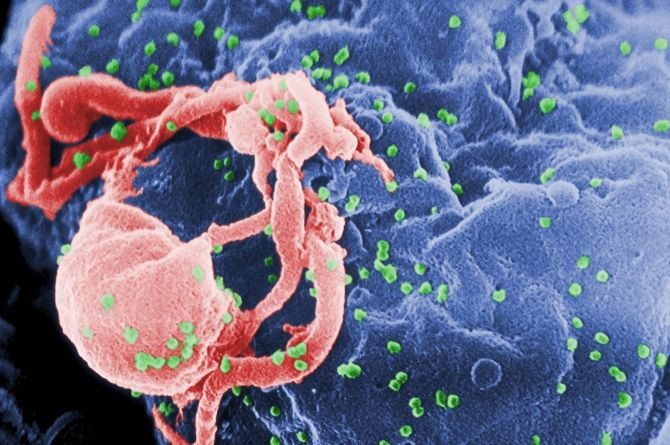HIV Blamed for the Rise in US Anal Cancer Rates in Men, But not Women

The rise in anal cancer cases in the U.S. between 1980 and 2005 was significantly influenced by HIV infections in men, but not women, according to a new study.
The findings, published in the Journal of the National Cancer Institute, show that while anal cancer in the U.S. is rare, with an estimated 6,230 cases in 2012, the number of cases has been steadily increasing in the general population since 1940.
HIV infection dramatically increases the risk of anal cancer, according to researchers. They found that anal cancer is the fourth most common cancer found in people infected with HIV. Researchers are still unsure about the degree to which anal cancer cases occurring among HIV patients has affected anal cancer incidence in the general population.
To determine the impact of HIV on anal cancer incidence in the United States, researcher Meredith S. Shiels, of the National Cancer Institute, and her team looked at data from the HIV/AIDS Cancer Match Study, which shows the number of people with anal cancer with and without HIV between 1980 and 2005 in 17 U.S. states and metropolitan areas.
Shiels and her colleagues found that of the 20,533 anal cancer cases between 1980 and 2005, an estimated 1,665 individuals had HIV. They found that between 2001 and 2005, 1.2 percent of women with anal cancer and 28.4% of men with anal cancer were HIV-positive.
It appeared that between 1980 and 2005 HIV infection did not have an impact on the increasing anal cancer rates among women, but had a strong impact on the increasing anal cancer incidence rates among men.
"A large proportion of U.S. males with anal cancer in recent years were HIV-infected," the authors wrote in the study. "Measures that would effectively prevent anal cancer in HIV-infected males could markedly reduce anal cancer rates at the population level," they added.
Anal cancer is a type of cancer that occurs in the anal canal, a short tube at the end of the rectum through which stools leave the body. Other risk factors associated with anal cancer include being diagnosed with the human papillomavirus, having multiple sexual partners, engaging in receptive anal intercourse, whether male or female, smoking or having benign anal lesions like hemorrhoids and anal fistulas.
Some symptoms associated with anal cancer include bloating, change in bowel habits, a lump near the anus, rectal bleeding, itching or anal discharge.



























